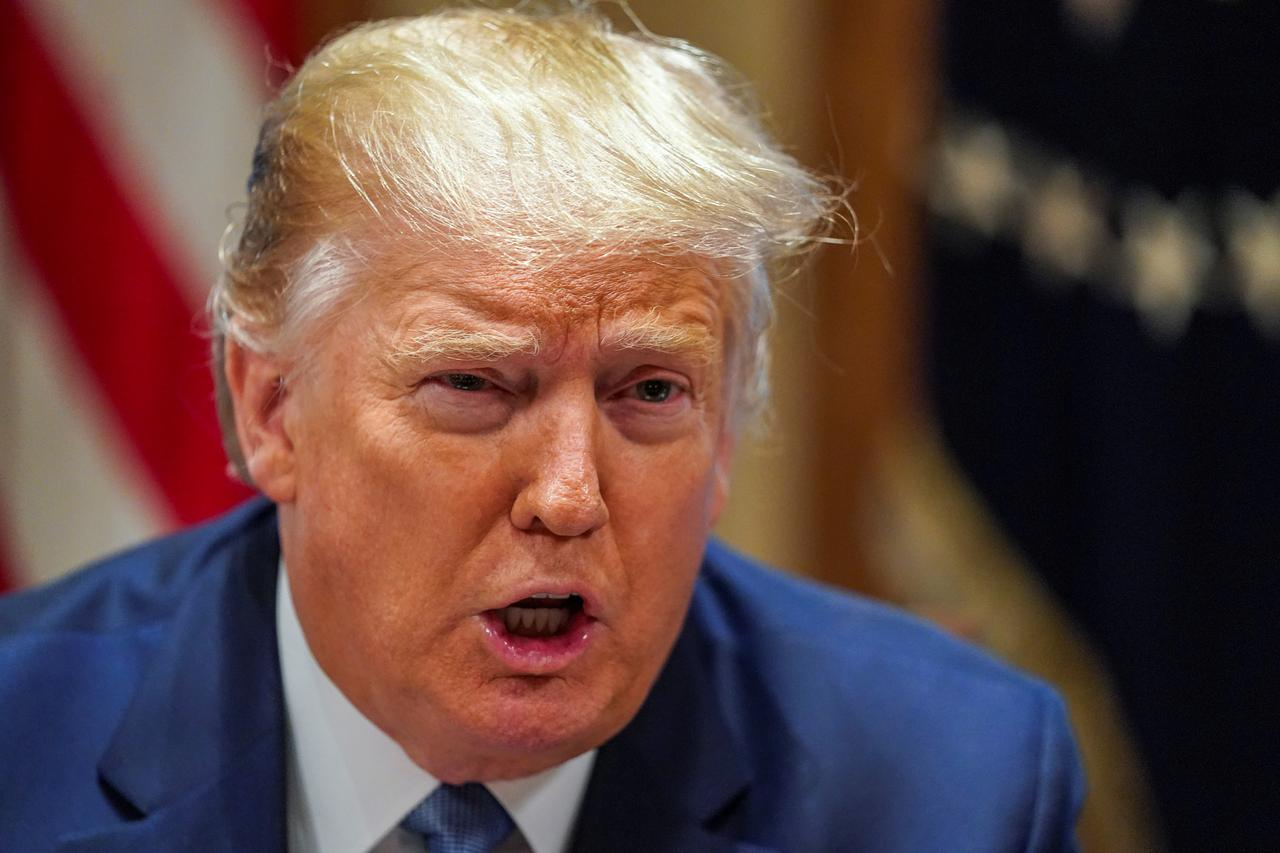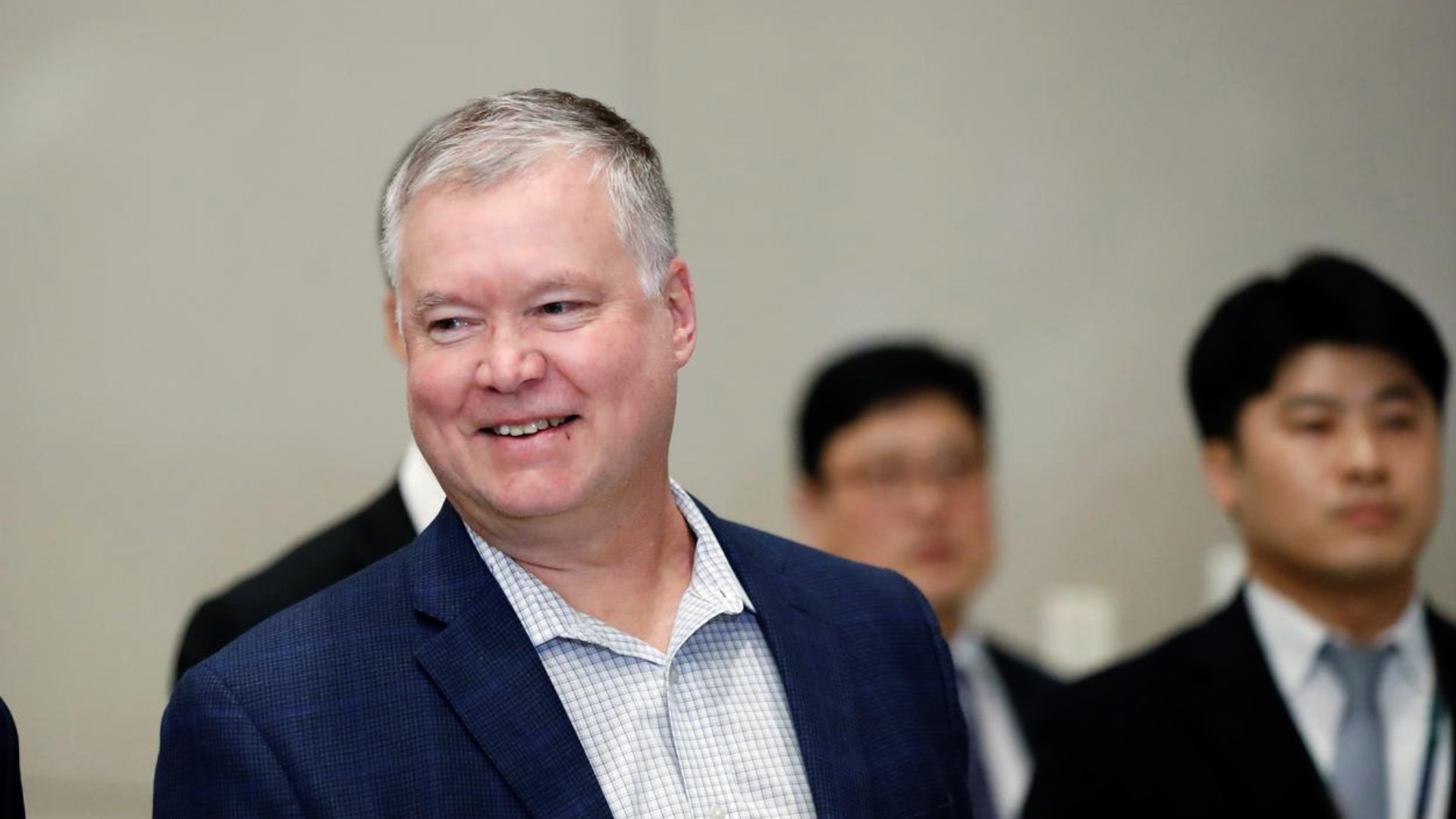China on Tuesday confirmed that itself and Russia have proposed lifting some sanctions against the Democratic People's Republic of Korea (DPRK) to the United Nations Security Council (UNSC), in a move aimed at breaking the stalemate between Pyongyang and Washington.
There are three major points in the draft that has been sent to UNSC members, according to Foreign Ministry Spokesperson Geng Shuang. "Firstly, (China and Russia are looking) to reiterate that all parties should stay committed to denuclearization of the Korean Peninsula. Secondly, we hope to see the United States and the DPRK back to conservation, while urging to resume the 'six-party talks.' Thirdly, we hope that some sanctions targeting the DPRK could be lifted based off the country's commitment to the resolution."
Beijing hopes to see Pyongyang and Washington meet each other halfway, Geng said, while reaffirming China's commitment in supporting the denuclearization of the area.
"Meet each other halfway," a term Beijing has long used when referring to solutions on Korean Peninsula issues, hopes to see phased steps made towards denuclearization. This means U.S. lifting sanctions in exchange for the DPRK abandoning its nuclear and missile programs.
Yet one U.S. State Department official immediately dismissed the call, saying now was not the time for the UNSC to consider lifting sanctions on the DPRK as the country was "threatening to conduct an escalated provocation, refusing to meet to discuss denuclearization, and continuing to maintain and advance its prohibited weapons of mass destruction and ballistic missile programs."
'We are not rushing things'
The draft has called for easing restrictions on exporting statues, seafood and textiles from the DPRK, while also hoping to lift bans on DPRK people working overseas and exempt inter-Korea rail and road cooperation projects from UN sanctions.
It was not immediately clear when or if the draft resolution could be put to a vote in the 15-member Security Council. A resolution needs nine votes in favor and no vetoes by the United States, France, Britain, Russia or China to pass.
But Russia's UN Ambassador Vassily Nebenzia told Reuters that they are not "rushing things," adding that the negotiations would begin Tuesday.
The United States, Britain and France have insisted that no UN sanctions should be lifted until the DPRK gives up its nuclear and ballistic missile programs. Pyongyang has been subject to UN sanctions because of these programs since 2006.

A UNSC meeting at the UN headquarters in New York, U.S., March 12, 2018. /Reuters Photo
A UNSC meeting at the UN headquarters in New York, U.S., March 12, 2018. /Reuters Photo
Lifting sanctions to 'head off a dramatic reversal' of the DPRK situation
At a council meeting on the DPRK last week, called by the U.S., China's UN Ambassador Zhang Jun said sanctions should be adjusted to "head off a dramatic reversal" of the situation, while Russian UN Ambassador Vassily Nebenzia said: "It's impossible to agree on something without offering something in return."
The draft resolution circulated to the Security Council by Russia and China proposes terminating some of the sanctions "with the intent of enhancing the livelihood of the civilian population."
The draft also welcomes "the continuation of the dialogue between the United States and the DPRK at all levels, aimed at establishing new U.S.-DPRK relations, building mutual confidence and joining efforts to build a lasting and stable peace on the Korean Peninsula in a staged and synchronized manner."
Trump to watch DPRK 'closely'
U.S. President Donald Trump said Monday he would be "disappointed" if the DPRK had something "in the works" as a year-end ultimatum from Pyongyang about the fate of their nuclear talks approaches.

U.S. President Donald Trump at the White House in Washington, U.S., December 16, 2019. /Reuters Photo
U.S. President Donald Trump at the White House in Washington, U.S., December 16, 2019. /Reuters Photo
The DPRK has issued increasingly strident declarations in recent weeks, even promising an ominous "Christmas gift" if Washington does not come up with some concessions.
The top U.S. envoy to the negotiations with the DPRK, Stephen Biegun, said in Seoul on Monday that Pyongyang's rumblings were "hostile and negative" – and Trump said he was watching.
"We'll see. I'd be disappointed if something would be in the works. And if it is, we'll take care of it," Trump said at the White House when asked about the situation. "We're watching it very closely."
02:50

U.S. Defense Secretary Mark Esper said on Monday that DPRK's rhetoric was concerning and Pyongyang would likely carry out tests if they "don't feel satisfied," amid fears the two countries could return to the collision course they had been on before launching diplomacy, Reuters reported.
"We have seen talk of tests. I think that they will be likely if they don't feel satisfied," Esper told reporters traveling with him from Luxembourg back to Washington.
The negotiations between Washington and Pyongyang have been largely stalled since the collapse of a February summit in Hanoi between Trump and DPRK leader Kim Jong Un.
The DPRK has said that if Washington fails to make it an acceptable offer, it will adopt a so far unspecified "new way."
It has carried out a series of static tests at its Sohae rocket facility this month, after a number of weapons launches in recent weeks.
(With input from Reuters, AFP)